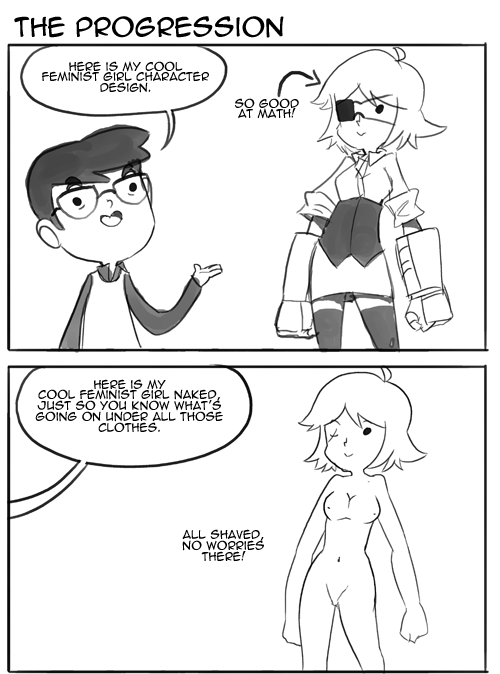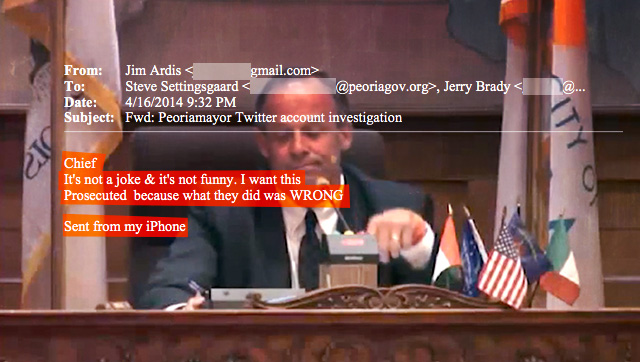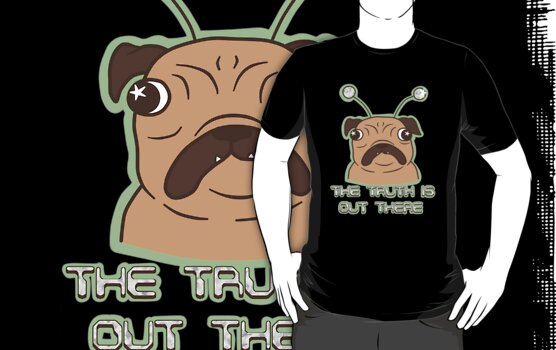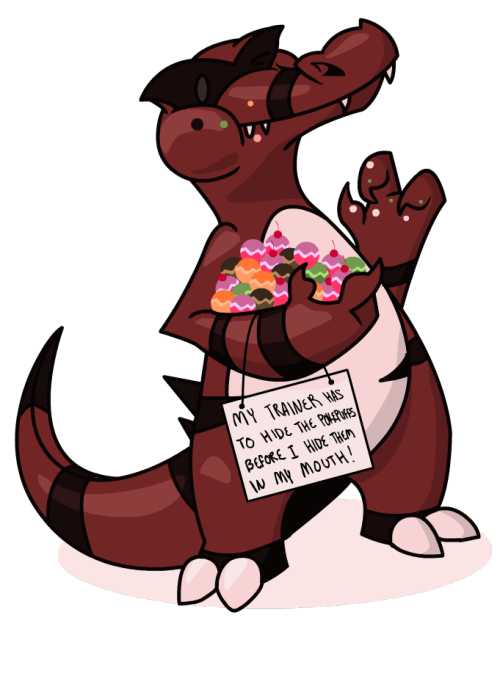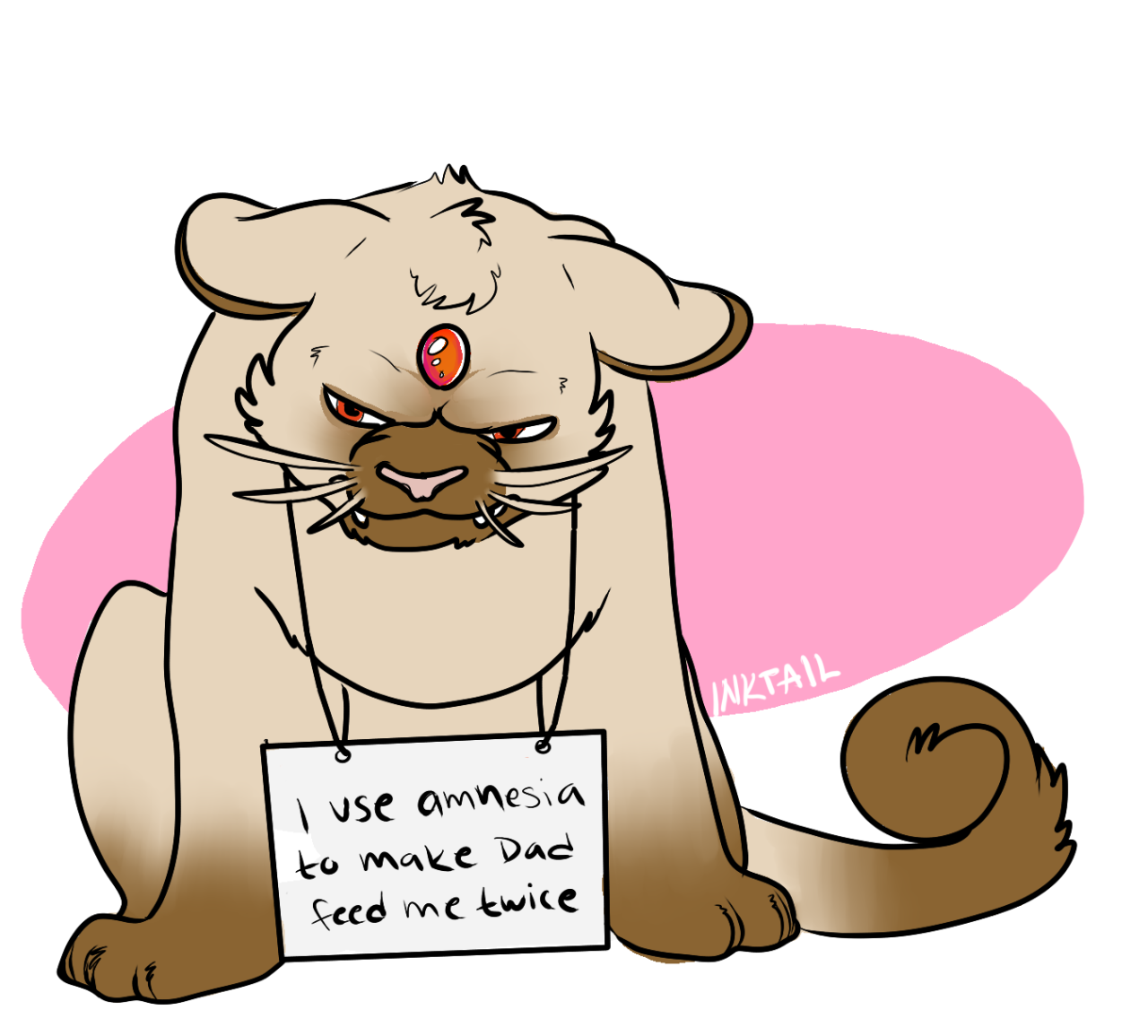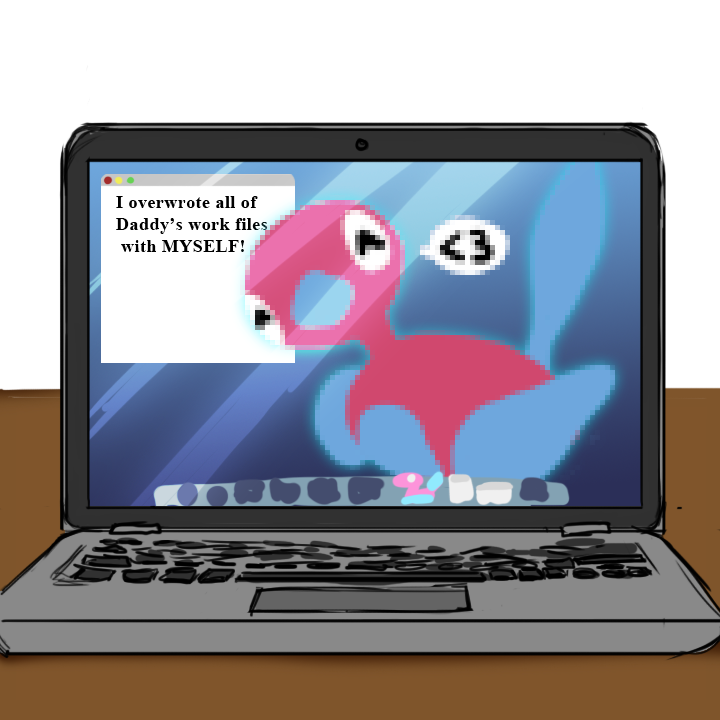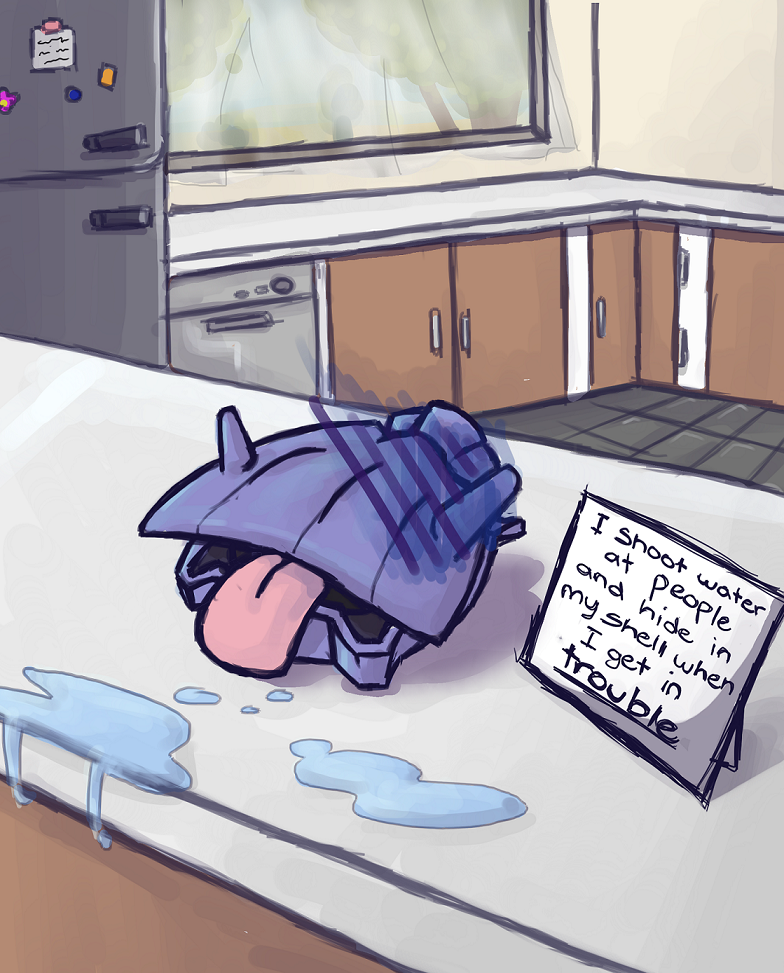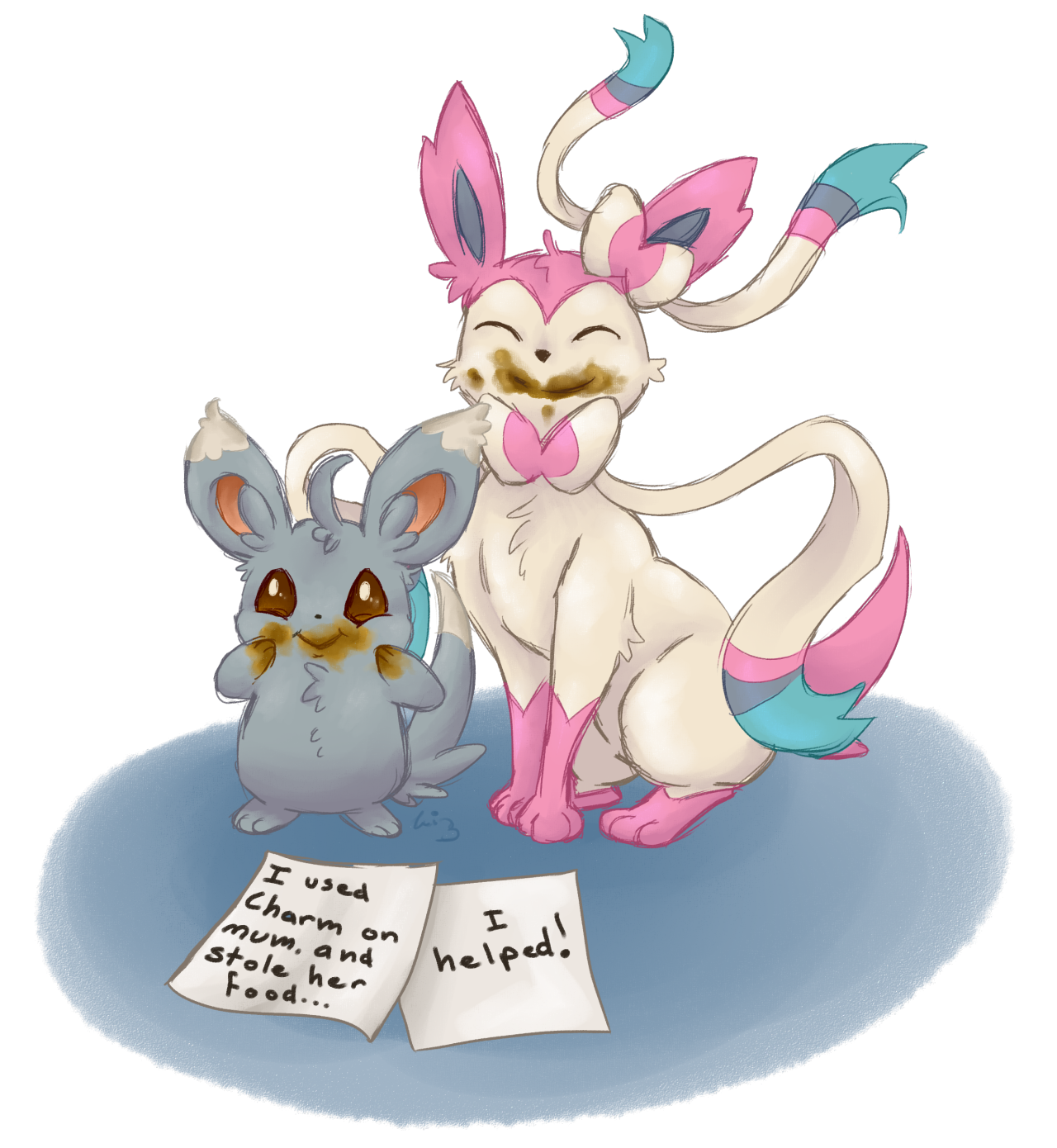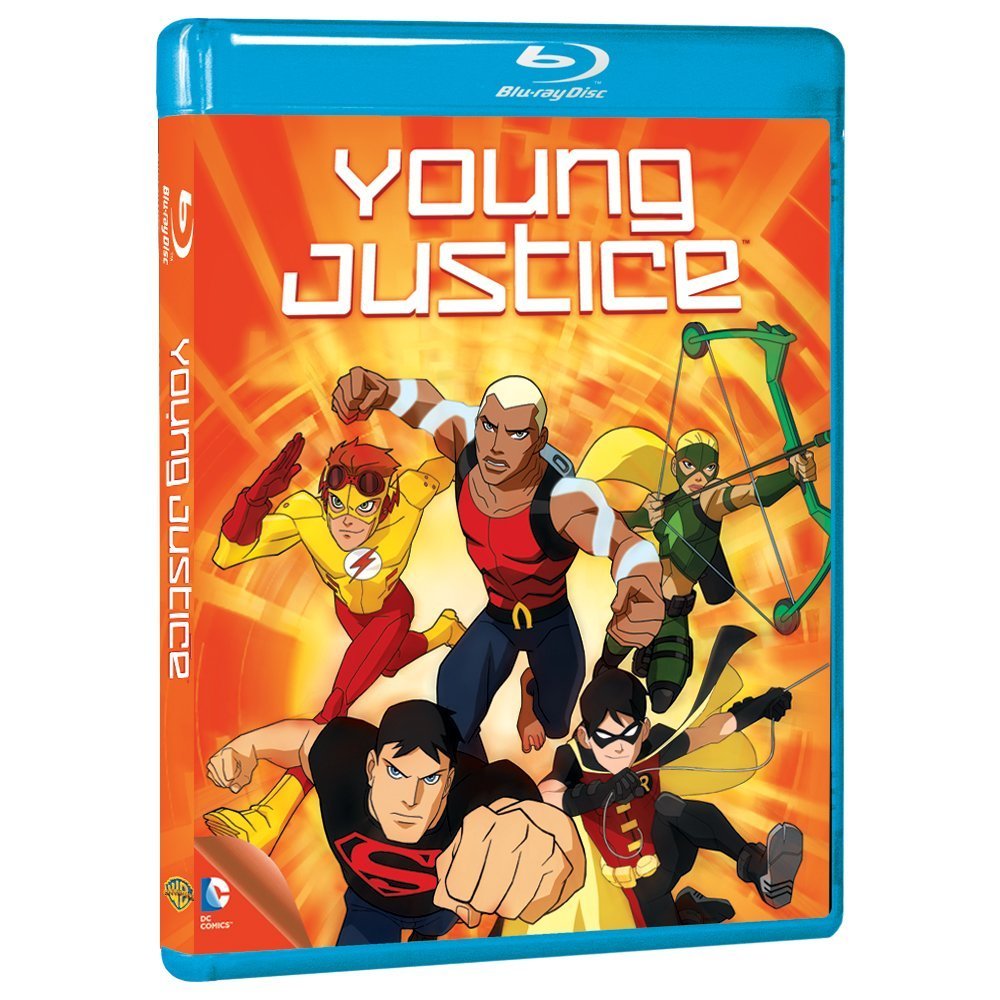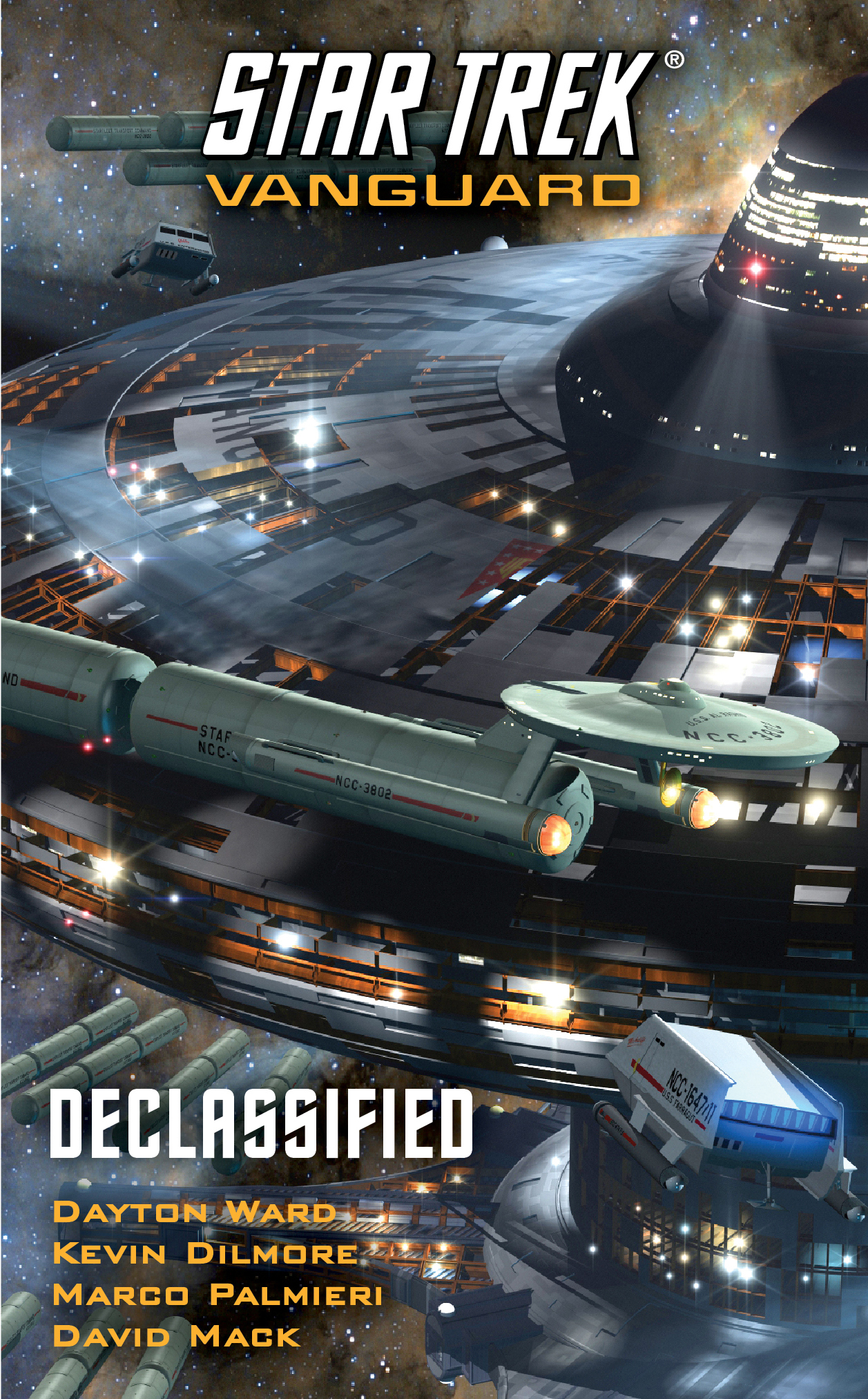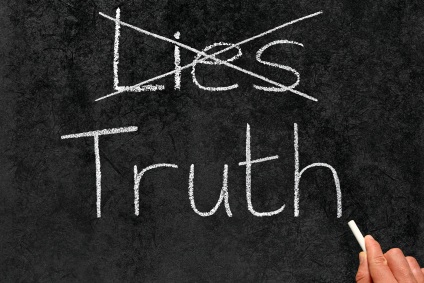
I've written pretty extensively about the campaign of harassment that's surrounded Zoe Quinn in two posts: "Not Okay: Hateful Man-Babies Target Zoe Quinn. Again." and "If You Call This Justice, I Don't Want Your Support". Since publishing those two posts, I've gotten comments, tweets and emails (the majority of which are unsigned) saying I was spreading a campaign of lies, that it was incumbent upon me to tell "the truth" about Quinn.
Yesterday, Elizabeth Sampat wrote a post called "The Truth About Zoe Quinn". Here's what she had to say:
The truth about Zoe Quinn is that no one in the world deserves the shit that she has gotten. The truth is that these witch hunts over journalistic ethics and transparency and whatever bullshit dog whistle that 4chan and its ilk are using for their issues with a woman’s sexual agency are driving women out of the industry.
...The truth is sometimes I have survivor’s guilt, and sometimes I have panic attacks about being the only one left fighting, and sometimes despite all of my tough words and the fact I literally cannot imagine doing anything else with my life, the truth is that I can’t stop thinking about maybe leaving the industry. I don’t want to; the thought is like an involuntary tic, tugging at my consciousness. Maybe it’s a survival instinct. I keep using the word “survive” but I can’t help but wonder: is this surviving? What parts of me are surviving? Can any woman escape this whole?
...The truth is, a lot of the women who are being driven away have never met or interacted with Anita or Zoe. A lot of the women in our industry exist in a constant state of fear.
Women who make games and would never dream of connecting their face or real name with a Twitter account, just in case.
Women who would never go indie. Women who are terrified of starting a crowdfunding campaign but who can’t get their dreams funded any other way, and so their dreams just die.
Are you okay with this?
Is this the industry that you want?It certainly isn't one I want. However, a lot of men don't realize they're complicit in creating this atmosphere, either by inaction of playing devils advocate. In the comments section almost every games news site I've seen there will be comments that start out with the obvious “What happened was horrible! I can't believe people would stoop so low" and then follow up with a huge "BUUUUUUUT look, her videos are so controversial and maybe if she hadn't been nicer or less emotional or were virtuos or didn't game people a reason to mad it would happen blippety bloo it's just my opinion blorpety blah not all men and not all gamers blah blah devilsadvocatecakes." It's maddening.


